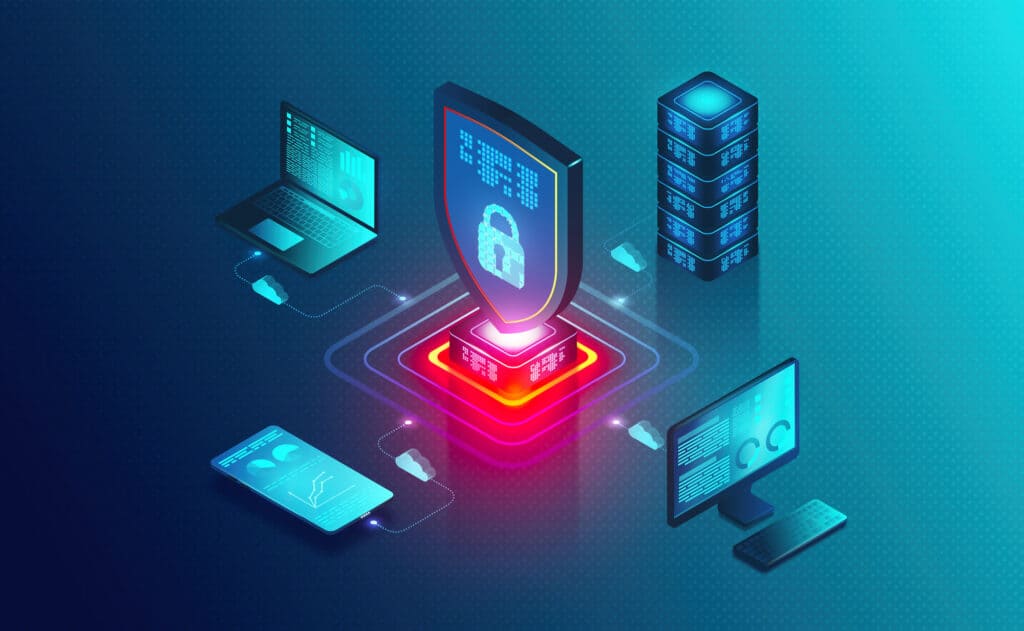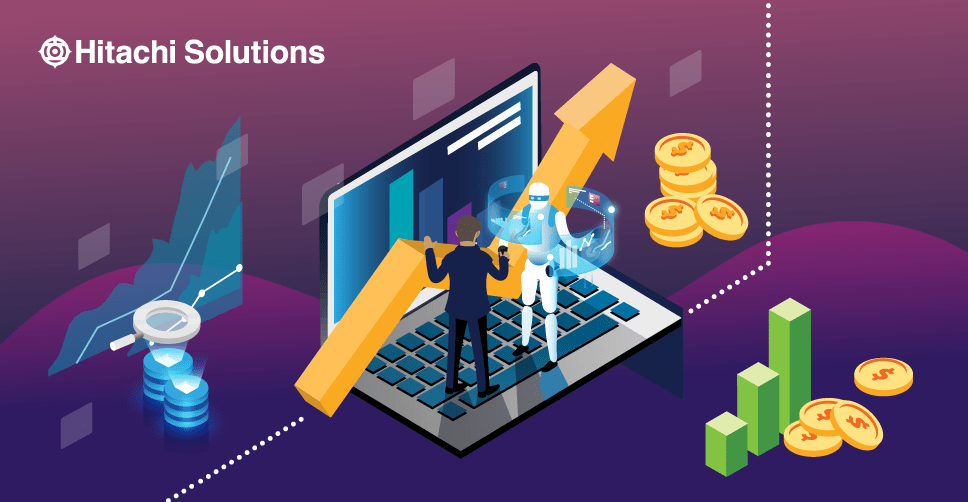Introduction: In today’s digital age, cybersecurity is of utmost importance for individuals, businesses, and governments. With the growing dependence on technology, the risk of cyber threats and attacks has also increased. Cybersecurity refers to the practice of protecting internet-connected systems such as hardware, software, and data from cyber threats.

Importance of Cybersecurity: Cybersecurity is crucial for several reasons. First and foremost, it helps protect sensitive information such as financial and personal data from falling into the wrong hands. Cyber attacks can lead to financial loss, identity theft, and reputational damage. For businesses, cyber attacks can result in data breaches, loss of intellectual property, and disruption of operations.
Moreover, cyber threats are not limited to individual users or businesses. Governments and critical infrastructure systems are also vulnerable to cyber attacks. For instance, a cyber attack on a power grid or water supply system can cause widespread chaos and damage.
Types of Cyber Threats: Cyber threats can come in various forms, and it is essential to understand them to prevent and mitigate them. Here are some of the most common types of cyber threats:
- Malware: Malware refers to malicious software designed to harm computer systems. It can come in various forms such as viruses, worms, trojans, and ransomware.
- Phishing: Phishing is a type of cyber attack where attackers trick users into divulging sensitive information such as login credentials or financial data.
- Denial of Service (DoS): DoS attacks involve flooding a system with traffic to disrupt its operations and render it inaccessible.
- Man-in-the-middle (MITM): MITM attacks involve intercepting communication between two parties to steal sensitive information.
- Advanced Persistent Threats (APT): APTs are long-term targeted attacks aimed at gaining access to sensitive information or intellectual property.
Preventing Cyber Attacks: Preventing cyber attacks requires a multi-faceted approach. Here are some of the measures that individuals and businesses can take to prevent cyber attacks:
- Use Strong Passwords: Use strong and unique passwords for every account and change them periodically.
- Install Security Software: Install anti-virus and anti-malware software on all devices and keep them updated.
- Be Vigilant of Phishing Scams: Be cautious of suspicious emails and messages, and avoid clicking on links or downloading attachments from unknown sources.
- Regularly Backup Data: Regularly backup important data to prevent data loss in case of a cyber attack.
- Educate Employees: Educate employees about cybersecurity best practices and provide training to identify and prevent cyber attacks.
Conclusion: In conclusion, cybersecurity is crucial in today’s digital age to prevent cyber attacks and protect sensitive information. Cyber threats are constantly evolving, and it is essential to stay vigilant and up-to-date with the latest security measures. By implementing best practices and adopting a proactive approach, individuals and businesses can mitigate the risks of cyber attacks and ensure a safe and secure online environment.

